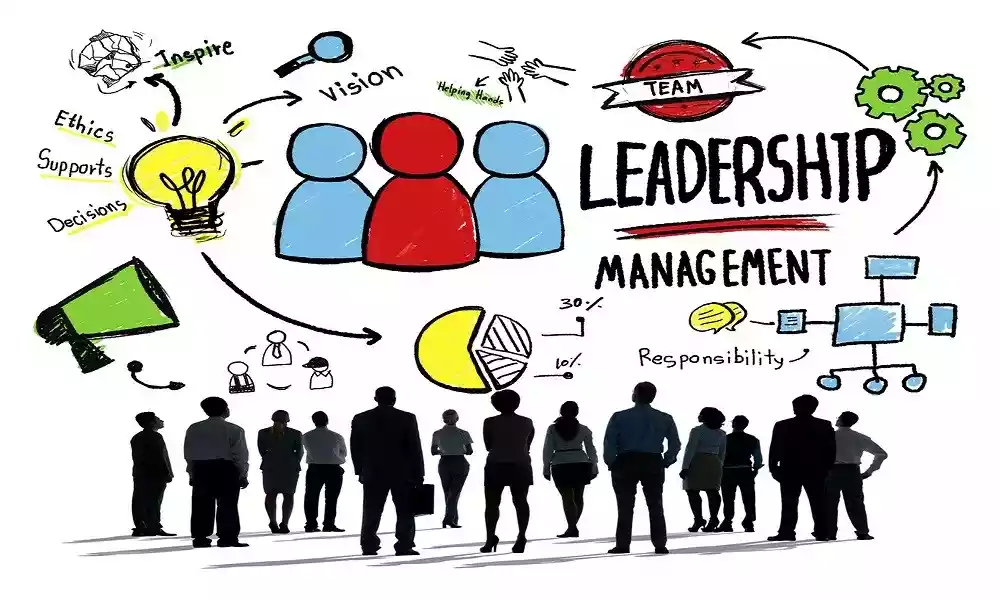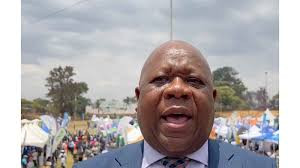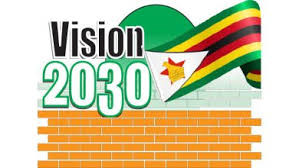
ON my way to Nairobi aboard Ethiopian Airlines in June, I bumped into one Magara, a Zimbabwean engineer based in the United Arab Emirates (UAE).
We discussed politics, football, religion and business.
What struck me is his story while working for a blue-chip company in Harare in 2022.
He passionately spoke about leadership and management and shared lessons from the UAE.
The conversation challenged my understanding of leadership and management.
In the company, I was told there were two departmental heads, let us call them Sigauke and Chitova.
Sigauke’s department thrived, while Chitova’s, though functional, never really soared.
Both were given the same resources, the same objectives and even had employees with comparable skills.
- COP27: UAE and Egypt agree to build one of world's biggest wind farms
- COP27: A glass half full
- Zim’s Rugby Ref of the Year Pazani reflects on “amazing” year
- Raza strikes IPL gold
Keep Reading
So why was there such a stark difference in outcomes?
As time passed, the answer became clear: I was told Sigauke was a leader and Chitova was a manager.
And while both roles are critical, the distinctions between them are profound.
Sigauke inspired his team. He set a vision and communicated it so passionately that his team felt energised.
Chitova, on the other hand, made sure his team stuck to deadlines and followed procedures.
He wasn’t bad at his job, Magara told me, but his focus was on maintaining the status quo, while Sigauke pushed boundaries and motivated his team to innovate.
The story made me rethink the differences between management and leadership.
Of course, both are critical in different contexts, but they involve distinct mindsets, approaches and outcomes.
One of the differences between management and leadership lies in focus.
Management is more about ensuring that processes run smoothly, goals are met and the organisation’s operations are efficient. It is about control, order and predictability.
In contrast, leadership is people-centric — inspiring, guiding and influencing others to achieve a shared vision.
Managers, like Chitova, focus on controlling resources, systems and workflow.
They are concerned about making sure things are done according to plan and within budget.
A good manager is organised, systematic and allocates resources effectively.
Leaders, as we saw with Sigauke, go beyond managing tasks, they inspire people to follow them, often by tapping into their passions, aspirations and values.
A leader doesn’t just tell team members what needs to be done; they explain why it matters.
This “why” they energise people and make them more invested in the outcome, pushing them to give more than what is simply required.
Leadership is not about controlling people but rather about empowering them.
Another difference is how they approach time horizons. Managers tend to have a short-term focus.
Their job is to ensure that daily tasks and projects are completed as efficiently as possible.
They are concerned about the now —meeting immediate goals, solving current problems and maintaining existing systems.
For Chitova, success was meeting weekly targets and ensuring that his team adhered to guidelines without stepping outside the traditional norms.
Leaders, however, think into the future.
They envision the future and make strategic decisions that may not yield immediate results, but pay off down the line.
They look beyond the present, anticipating trends and preparing their teams for future challenges.
Sigauke wasn’t just concerned about how his team performed today; he was thinking about how to develop their skills for the future and how to innovate to stay ahead of peers.
Leadership, therefore, involves risk-taking, leaders often push for changes that disrupt the status quo.
Managers, on the other hand, are typically risk-averse; they focus on stability and efficiency.
Management often motivates people through external rewards — salaries, bonuses, promotions or penalties for not meeting expectations.
This extrinsic motivation works well in the short term and is vital for keeping the organisation’s machinery running.
Chitova ensured his team followed the rule book because there were dire consequences if they didn't.
He motivated his subordinates by emphasising the consequences of not meeting deadlines.
On the other hand, leaders tap into intrinsic motivation — the internal drive to do something because it is personally meaningful or aligned with one’s values.
Sigauke inspired his team by creating a sense of purpose.
He was skilled at showing his team how their work contributed to the bigger picture and made a difference to the community.
He ignited passion in his team, which responded by going the extra mile not just because of incentives, but because they believed in a shared vision.
Another key distinction between management and leadership is the way they wield power.
Managers derive their authority from their positions.
They have the title, the power to enforce rules and the ability to assign tasks.
Chitova’s authority came from his role as the head and his team followed instructions because they were compelled to do so.
Leaders, on the other hand, don’t rely solely on titles to get things done. Instead, they use influence.
They possess the ability to inspire and rally the team around a shared goal.
According to Magara, Sigauke didn’t just delegate tasks; he worked alongside his team, offering guidance and support, which earned him trust and respect.
His team followed him not because it had no choice, but because it wanted to.
While the differences between management and leadership are clear, it is important to understand that both roles are crucial for organisational success.
Managers are required to ensure efficiency, consistency and control.
Without management, organisations struggle to function smoothly.
Equally, organisations also need leaders to inspire change, foster innovation and guidance into the future.
Without leadership, businesses become stagnant, sticking to outdated processes without evolving.
Without innovation, organisations die.
Organisations should nurture management and leadership skills.
A great leader can also manage effectively when required, just as a competent manager can lead when the situation calls for it.
The challenge is knowing when to alternate between these roles.
The ideal situation is to have both in an organisation.
- Cliff Chiduku is the director of marketing, information and public relations at Manicaland State University of Applied Sciences in Mutare. He writes here in his personal capacity. He can be contacted on [email protected] or call/app +263775716517.











